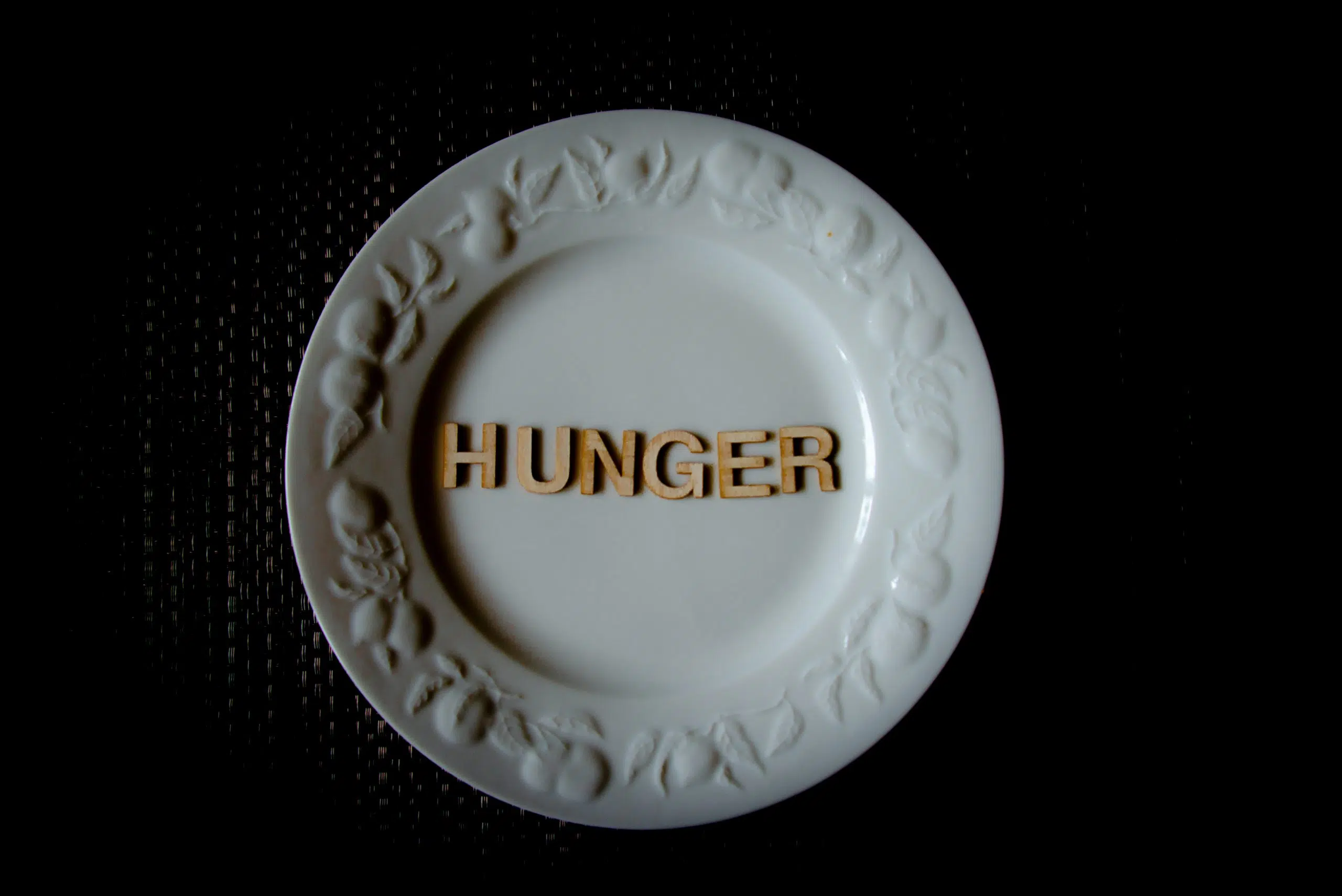It was a problem before, but the pandemic has made it more glaringly clear that there needs to be more long term solutions when it comes to food security.
A recent study out of Dalhousie University indicates that upwards of six million Canadians have food security issues. Locally, a study from 2020 showed that Thunder Bay’s mean food security came in at 15 per cent.
Indigenous and black communities face the highest rates of food security three times higher than anyone else. Estimations indicated that an average four person family will be paying almost $1,000 more this year than they did for the same groceries last year in 2021.
Acadia News spoke to Dr. Charles Levkoe, who’s the Canada Research Chair in Equitable and Sustainable Food Systems at Lakehead University and Co-Chair for Thunder Bay & Area Food Strategy.
He told us that access to affordable food became more problematic for Canadians as it saw the fastest increase since 1991, and since the first summer of the Covid-19 pandemic there was a 15 per cent increase.
Levkoe also indicated that while local food charities are helpful, they are not sufficient. These organizations have to ration what they give out and also struggle for financial support, staffing as well as volunteers. He said they can’t address the gravity of the problem.
The doctor said these broader issues need to be addressed at the root; providing a living wage, guaranteed annual income (previously trialed in Thunder Bay), sick days and affordable housing are just a few of the examples he gave.
Levkoe added that these numbers aren’t new, they are getting worse.





